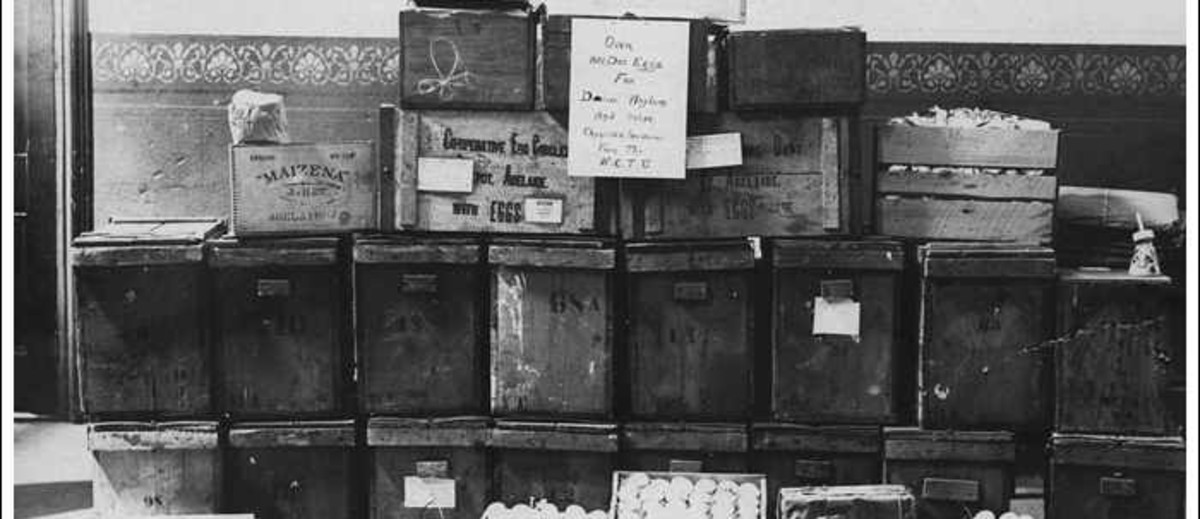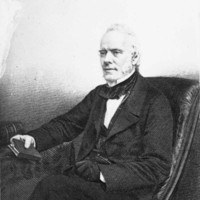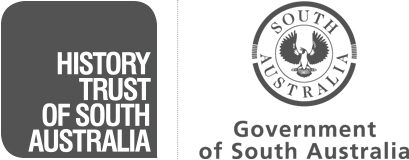‘South Australia’, wrote the early twentieth-century author of The Cyclopedia of South Australia, ‘owes its existence to a movement which had its origins in philanthropy’. The wealthy donated money to alleviate poverty and funded works to better the community, but action, in the form of time, ideas and materials, have been considered equally important.
George Fife Angas
This approach is epitomised in the work of George Fife Angas. Angas believed that God had called him to sponsor South Australian settlement and saw the colony as a place of refuge for pious British Dissenters in which he would help to found a system of education and religious instruction. He donated large sums for the building of chapels, churches and public buildings, and through the work of his son, John, furthered educational institutions. He even supported governors when they were in tight financial circumstances.
Charities, Organisations, and Philanthropy in the building of South Australia
It became typical of South Australia that its citizens sponsored benevolent initiatives for worthy causes long before governments became involved, and the philanthropic motivation of individuals became the prime mover for establishing a host of institutions, charities and organisations.
The first major group to highlight the community’s concern for the destitute and poor was the Adelaide Benevolent and Strangers’ Friend Society, formed in 1849 and continuing. Another influential body was the Aborigines’ Friends’ Association, established in 1858. Some scoffed at the motivation of those involved in benevolent associations. Critics such as the 1860s cynic Robert Harrison believed that philanthropists of this kind were hypocrites who merely sought publicity and lacked genuine compassion for those whom they helped. Nevertheless, later in the nineteenth century the opening of the Adelaide Children’s Hospital, the founding of the Deaf and Dumb and Blind Institution and the District Trained Nursing Society were a result of similar moves. Institutions such as the Home for Incurables (now Julia Farr Centre), Queen’s Home, Kalyra and Estcourt House, Minda, the City Mission and St Margaret’s Convalescent Home – places that specialised in the treatment of women, the poor, those with disabilities and/or long-term illnesses – owe their existence to this era of philanthropy. Most promoters had a conservative view of the deserving poor and the needy, and also believed that their organisations should be conducted on sound business principles. Yet many churches and hospitals were built, the University of Adelaide founded, libraries and institutes erected and private schools financed by such means. The university, particularly, owed its existence to the money of Walter Watson Hughes and Thomas Elder. In the twentieth century notable families provided capital for university buildings and for other major work: from 1892 the Barr Smiths donated funds for a major library and in 1935 the Bonythons funded the construction of Bonython Hall, Sir Langdon Bonython simultaneously providing £100,000 for the completion of Parliament House. Benefactions of more modest dimensions endowed lectureships and chairs, prizes and scholarships, scientific apparatus and library acquisitions.
Philanthropy Today
The tradition continues, although the parochial view of philanthropy has broadened beyond state and even national boundaries. A number of wealthy individuals and families have formed philanthropic trusts to assist worthy causes, and some corporations see philanthropy as an essential part of their community involvement.
Dickey, B, Rations, Residence, Resources: A history of social welfare in South Australia since 1836 (Netley, South Australia: Wakefield Press, 1986)
Hussey, H, More than Half a Century of Colonial Life and Christian Experience (Adelaide: Hussey & Gillingham, 1897)
Kerr, C, The Home for Incurables , the first 100 years (Fullarton, South Australia: Home for Incurables, 1979)
Rowe, G, A Century of Service to the Aborigines at Point McLeay, South Australia (Adelaide: Aborigines Friends Association, 1960)
Theakstone, KR, Poverty, Pauperism and Power: The History of the Adelaide Benevolent Society and Strangers’ Friend Society, 1849–1914 (MA thesis, Flinders University, 1987)




Add your comment